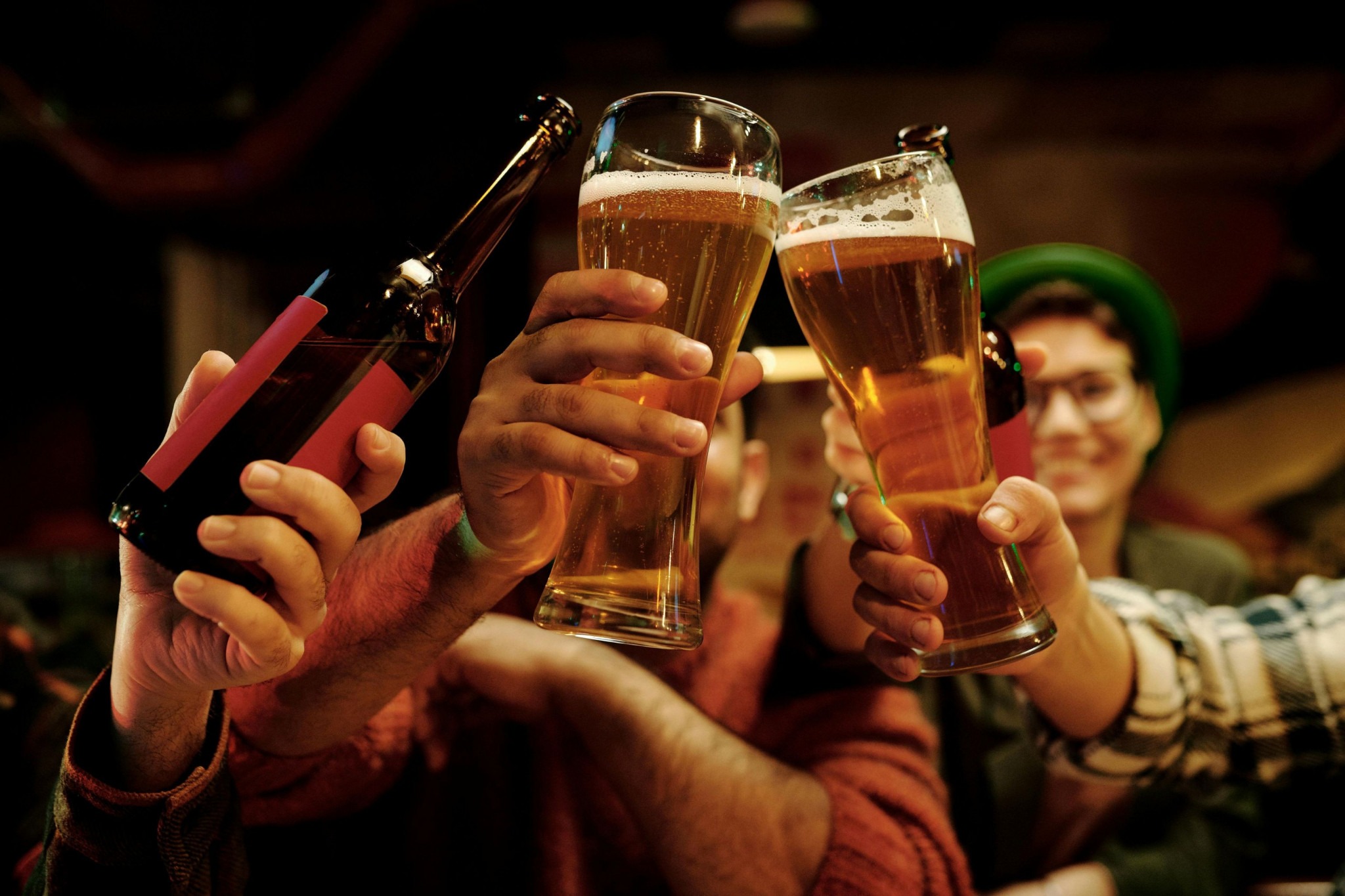Teenage drinking may lead to future career success, study suggests
Norwegian sociologist Dr Willy Pedersen has claimed in a new study that those who begin heavily drinking at a young age will receive better education and higher income in later life.
Pedersen’s observations have shown that those who developed ‘binge-drinking’ habits during their late teens and twenties went on to have higher levels of education and higher-paying jobs in comparison to those who drank rarely or did not drink at all.
In his newly published book The Beauty and Pain of Drugs, Pedersen reveals that he and his colleagues at the University of Oslo spent 18 years studying the drinking habits of over 3000 Norwegians aged 13 to 31.
However, […] the correlation between drinking and success does not guarantee a causation. Instead, these drinkers’ successes could be attributed to their wealth
Pedersen employs the example of Oxford University’s Bullingdon Club. Having produced multiple prime ministers – Boris Johnson included – Bullingdon seems to make successes of its alumni.
However, as The Times observes, the correlation between drinking and success does not guarantee a causation. Instead, these drinkers’ successes could be attributed to their wealth and thus their easy access to higher education and elevated opportunities.
This applies particularly to Norway, where high taxes on alcohol makes the act of heavy drinking, especially among young people, more accessible to the rich.
Pedersen warns against drinking alone but insists that young drinkers will have improved career prospects due to the social aspect of alcoholism.
Pedersen told The Times: “There is a correlation […] The statistical findings are quite strong, so clearly significant.”
Lower [alcohol] intake means higher life expectancy and lower risk of illness
Linda Granlund, Norway’s Director of Public Health
In Norwegian newspaper Aftenposten, he also said: “Alcohol intoxication can make us ‘lower our guard’, and that can be useful in many areas of life.”
Linda Granlund, Norway’s Director of Public Health, urged the public to avoid drinking as much as possible. She stressed the risk of any amount of alcohol, telling The Times: “Lower intake means higher life expectancy and lower risk of illness.”
Ivo Vlaev, Professor of Behavioural Science at the University of Warwick, told The Guardian: “When the future feels unstable, people are less likely to invest in long-term health and more likely to seek short-term mood boosts, like alcohol or late nights out,” he said.
So, while a decline in youth alcoholism seems unlikely, students may now at least have hope that their habits will lead them to a successful future.

Comments